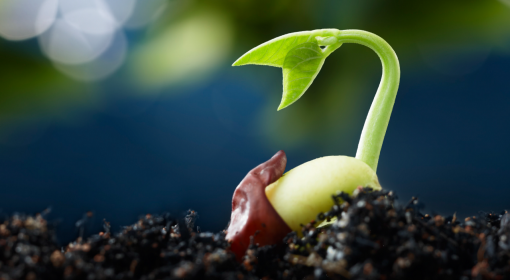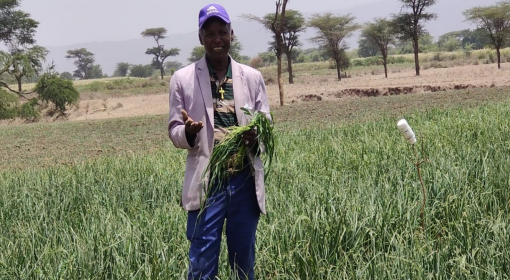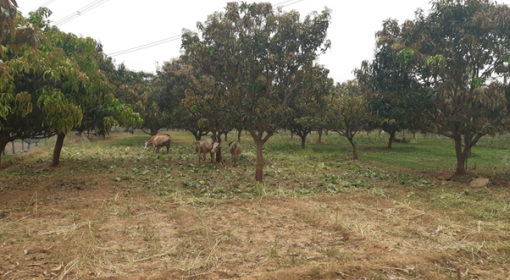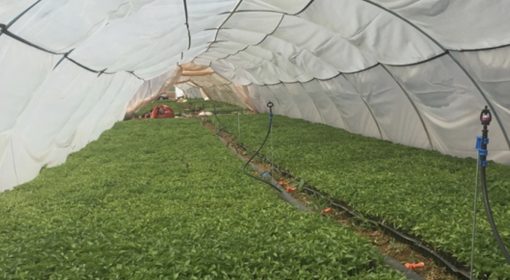By Meraj Uddin (PRADAN)
In the heart of Jharkhand, India, nestled amidst the lush greenery and fertile land, lay the villages of Gumla. For the villagers, agriculture is not just a means of livelihood but a way of life. However, the challenges they faced were numerous, especially when cultivating vegetables. The villagers knew that raising the quality of the nurseries was critical for successful vegetable cultivation, but they often struggled due to labor constraints in the rainy season. The monsoon rains that swept across the region each year were a mixed blessing. While they provided much-needed water for the crops, they also limited the time for large-scale vegetable cultivation. The households primarily cultivated paddy, and labor was scarce during the rainy season, making it difficult to invest in cash crops like vegetables.
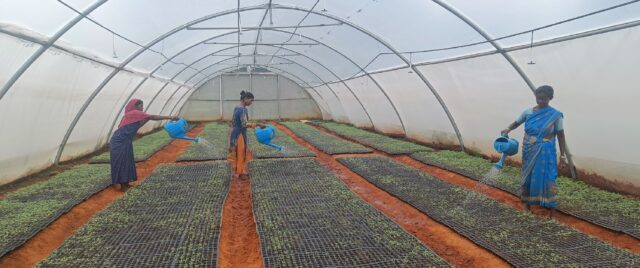
Recognizing this predicament, Gumla Mahila Kisan Swawlamban Trust (Women Farmer’s Production Organization (FPO)) came up with a vision to transform the agricultural landscape of Gumla. They believed that by providing the farmers with high-quality seedlings and innovative techniques, they could revolutionize vegetable cultivation in the region.
In 2020, with the support of the Green Transformation Pathways (GTP) project, the nursery production unit was established in Sipringa village. The project aimed to raise seedlings of various vegetables that would thrive in the local climate and distribute them among the farmers. The impact was immediate and profound. Over 70 lakh seedlings were raised and distributed.
However, as demand grew, so did the challenges. Labor shortage continued to pose a significant obstacle. The dedicated workforce, primarily in paddy cultivation, found it challenging to allocate time for the nursery production unit. This dilemma prompted the FPO behind the project to seek new solutions.
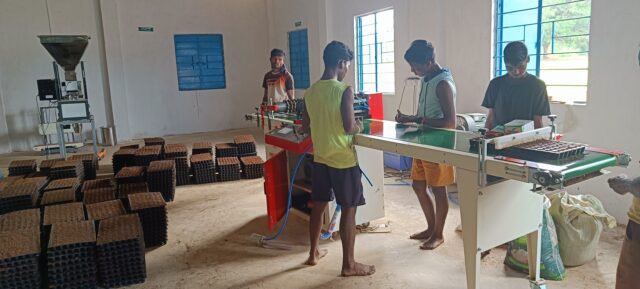
In the face of adversity, innovation blossomed. The team decided to integrate technology into the nursery production process. A fogger facility was introduced for irrigation, drastically reducing the need for manual labor. This automated system efficiently dispersed water, ensuring the seedlings received the moisture required for healthy growth.
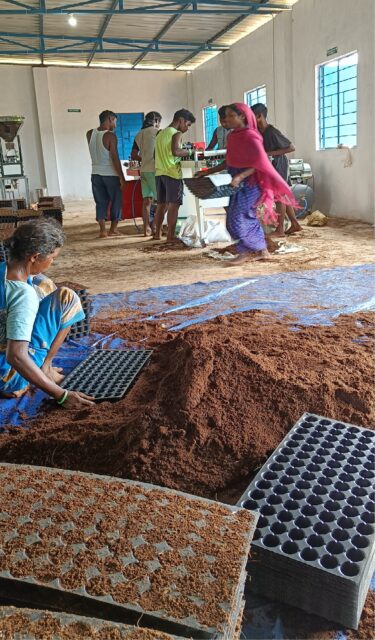
But the most transformative change was introducing a seed-sowing machine with the support of the GTP project. This innovation significantly increased efficiency, reducing the time and labor required for seedling sowing by an astonishing 400 percent. With this technology, what was once a daunting and time-consuming task became a streamlined process that could be managed with minimal labor.


